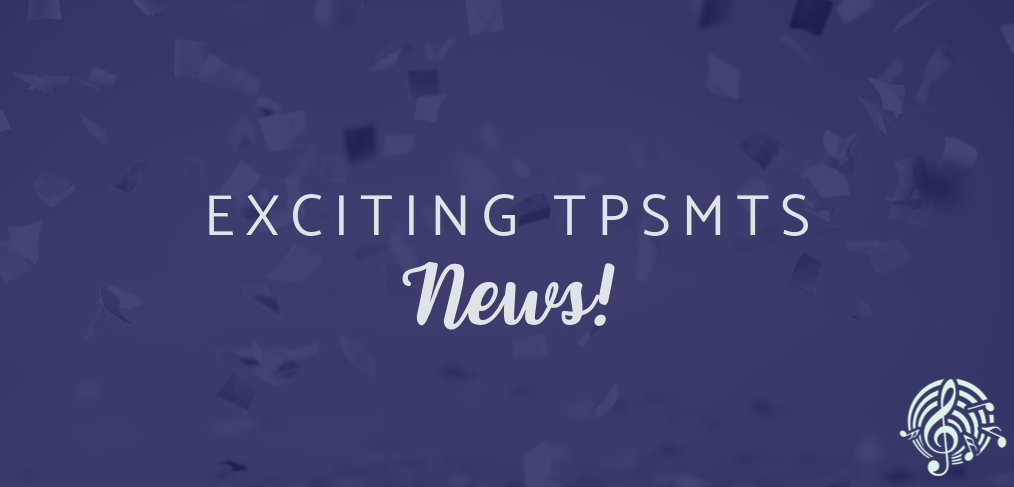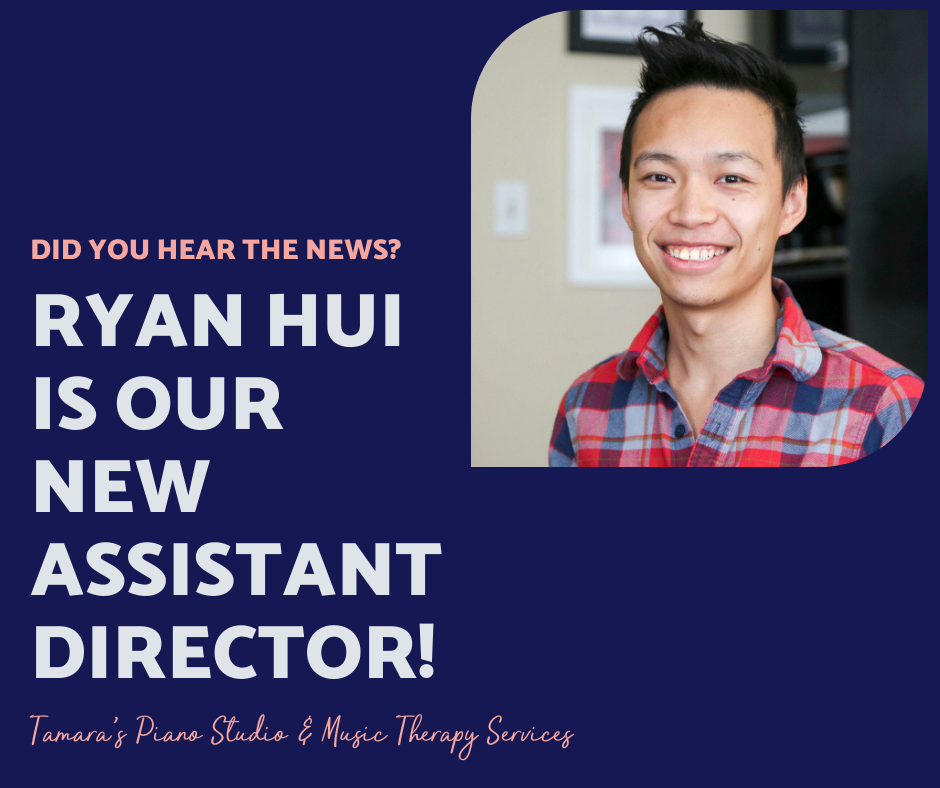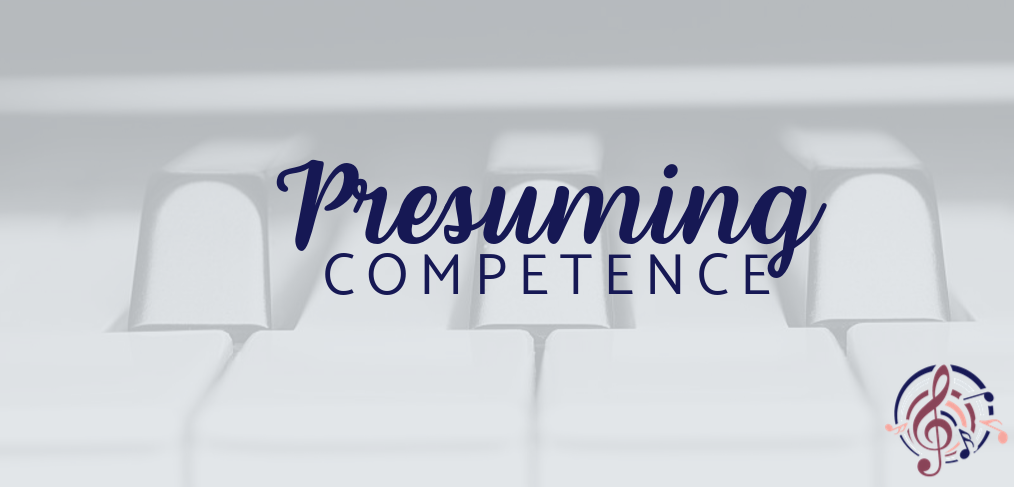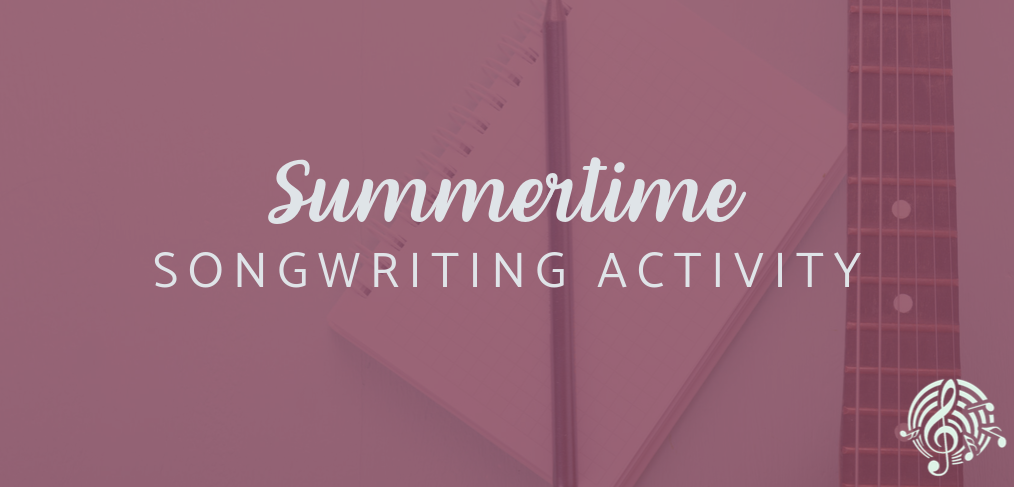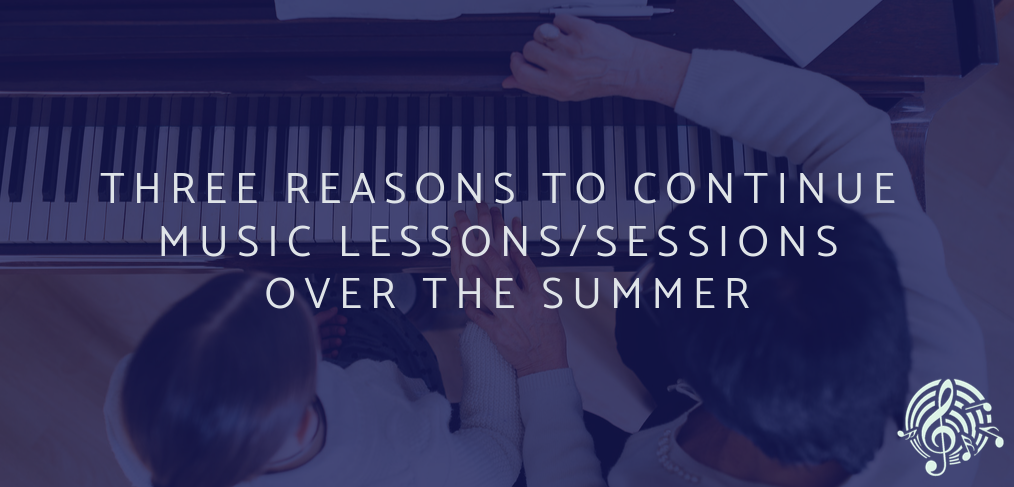Since 2019, in addition to being Owner and Director of TPSMTS, I have also been a music therapist and music teacher at a small private school specializing in neurodivergent students from 18 months to 14 years of age.
I had the privilege of stepping into the role of music director for the 2023-2024 school year. Not only did this include continuing to see clients for 1:1 sessions, but also providing music classes to the entire school, seeing each class twice a week!
This was such a huge undertaking in addition to my usual TPSMTS obligations, and it was such an incredible and valuable learning experience that I absolutely loved.
While I will be returning for the upcoming school year, just not in the same capacity, here are 10 of the most important lessons I learned from this experience that I will carry with me moving forward (in no particular order!):
1. Connection, connection, connection!
Make the time and effort to get to know your students within the classroom setting and 1:1 if time permits. This investment will help you build rapport and trust, and help to foster an amazing teacher-student relationship in return.
2. You can’t win them all.
Even with your best efforts, you will not be liked by every student, parent, co-teacher, etc. and for various reasons you may not always be the best match for every student. This is normal and should not be taken personally! All you can do is try your best to work collaboratively from a place of caring and good intentions, even if this isn’t always reciprocated.
3. Set clear expectations.
Students thrive on routine and predictability. A “gentle but firm” approach is what I always aim for so students are clear about what is expected and unexpected in class. Set clear expectations and boundaries right from the start, reinforce when needed, and be consistent with your follow through. This will be your saving grace for the entire school year.
4. Ask for help and support when you need it!
I was able to collaborate and learn from so many different teachers, specialists, and staff with varying degrees of experience. Take advantage of learning from those around you and be open-minded and receptive to feedback. You are not going to do everything perfectly; take accountability and responsibility when you need to. You are not on an island; you do not need to overthink or reinvent the wheel. Do not be afraid to seek out help and support when you feel you may need it. This is a strength, not a weakness.
5. Be proactive!
If issues arise, work to rectify them right away to ensure they do not escalate or snowball into bigger issues. The bigger the issues become, the harder it becomes to resolve them.
6. One class at a time.
Classes typically do not go according to plan! Be prepared with back-up lessons and supplementary work just in case, and also be prepared that some lessons will take longer than expected. Take everything one class at a time.
7. Students behave differently in different settings.
It was truly astounding for me to see how different students can be in 1:1 sessions vs. in a classroom with their peers. There were times that I witnessed complete personality changes within a matter of minutes!
8. Work ahead of schedule.
By prioritizing completing my work a week ahead of when it was due, this helped me immensely balance my position at the school and my obligations to TPSMTS, not to mention obligations in my personal life as well!
9. Proper footwear.
Make the investment in supportive shoes and/or orthotics. Your feet will thank you when you are standing and moving from class to class all day long.
10. HAVE FUN!
Take pleasure and pride in your students’ learning journeys and recognize the impact you are having on their growth and development. It can be hard to see the big picture amidst the craziness that comes with being a teacher; take a step back when needed and enjoy the process 🙂
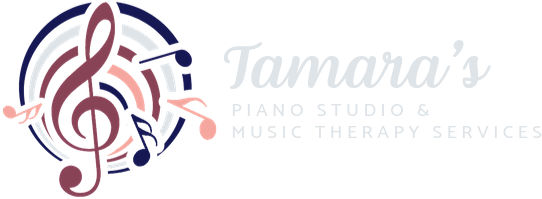
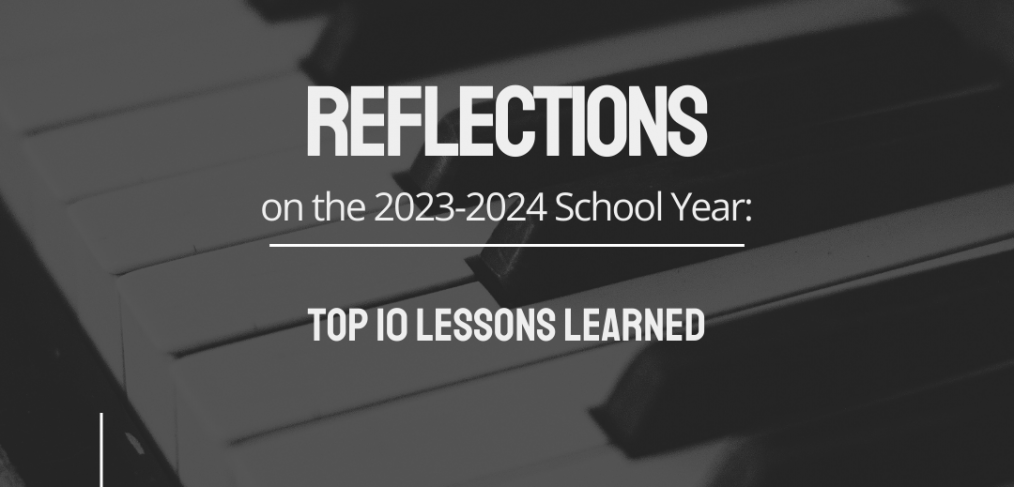
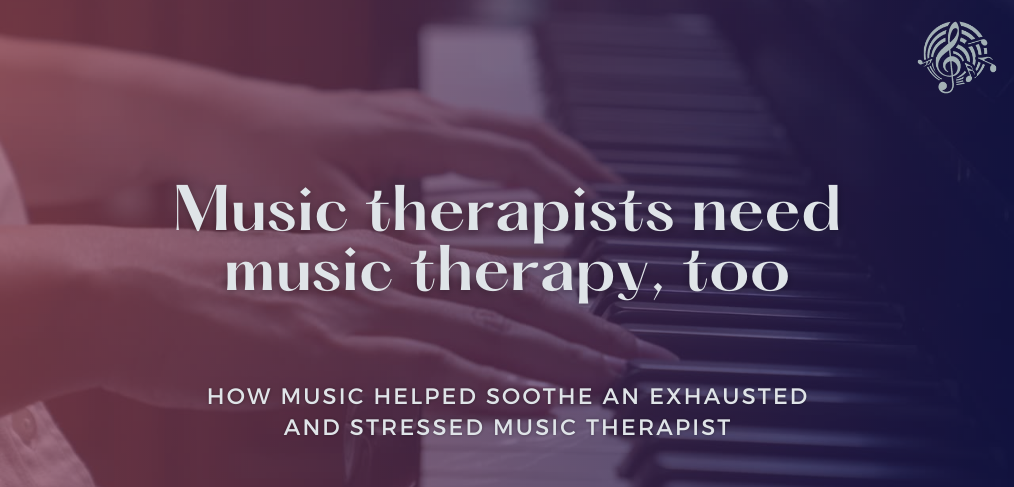
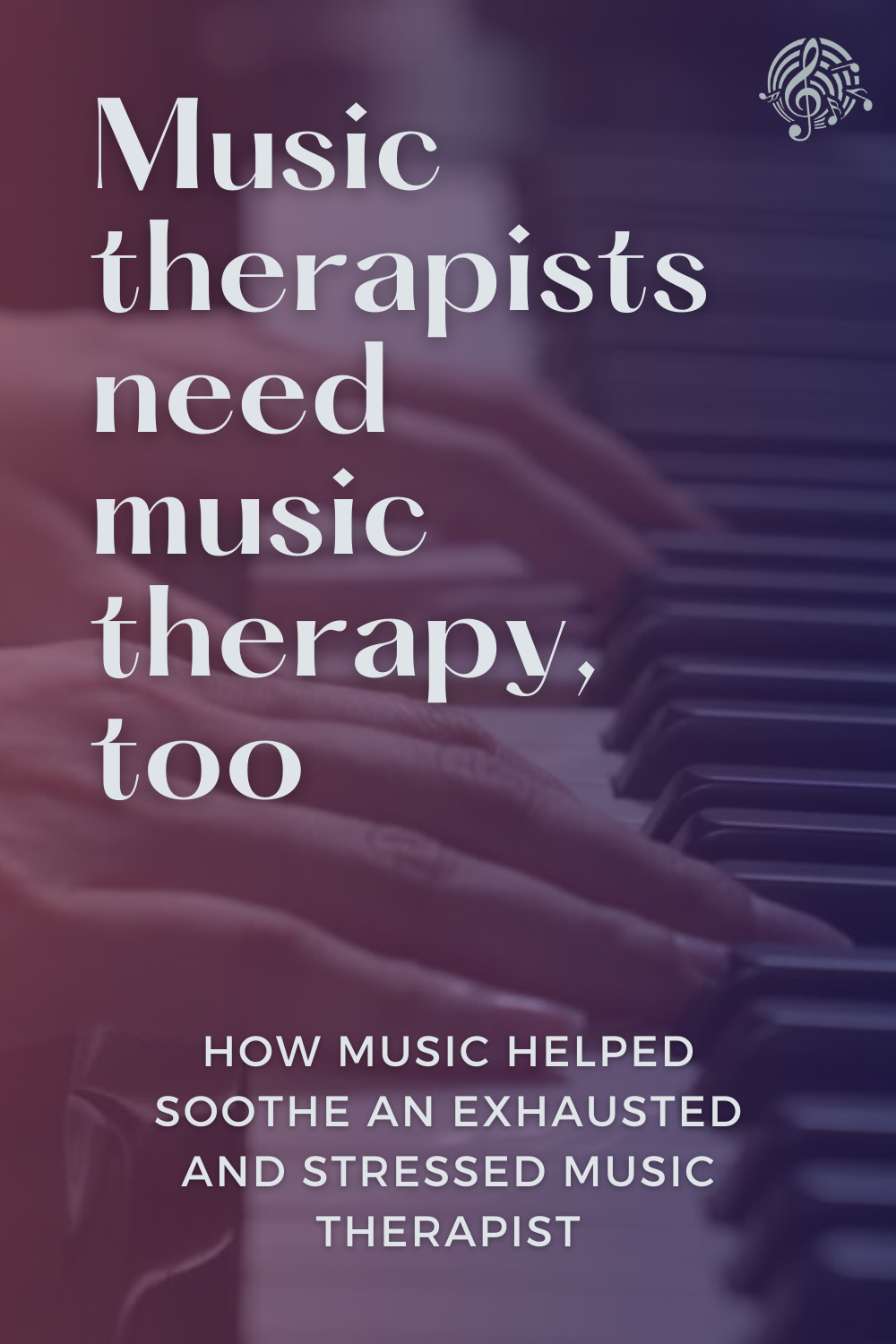
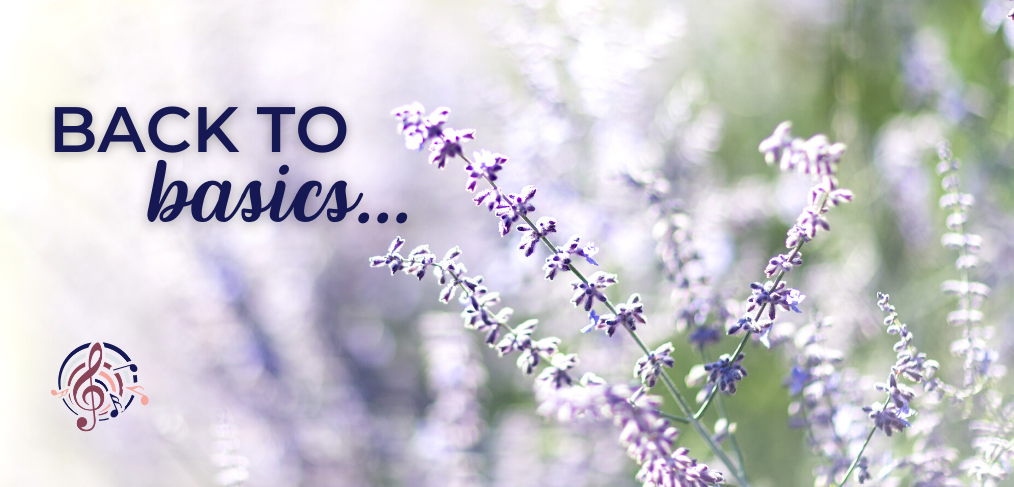
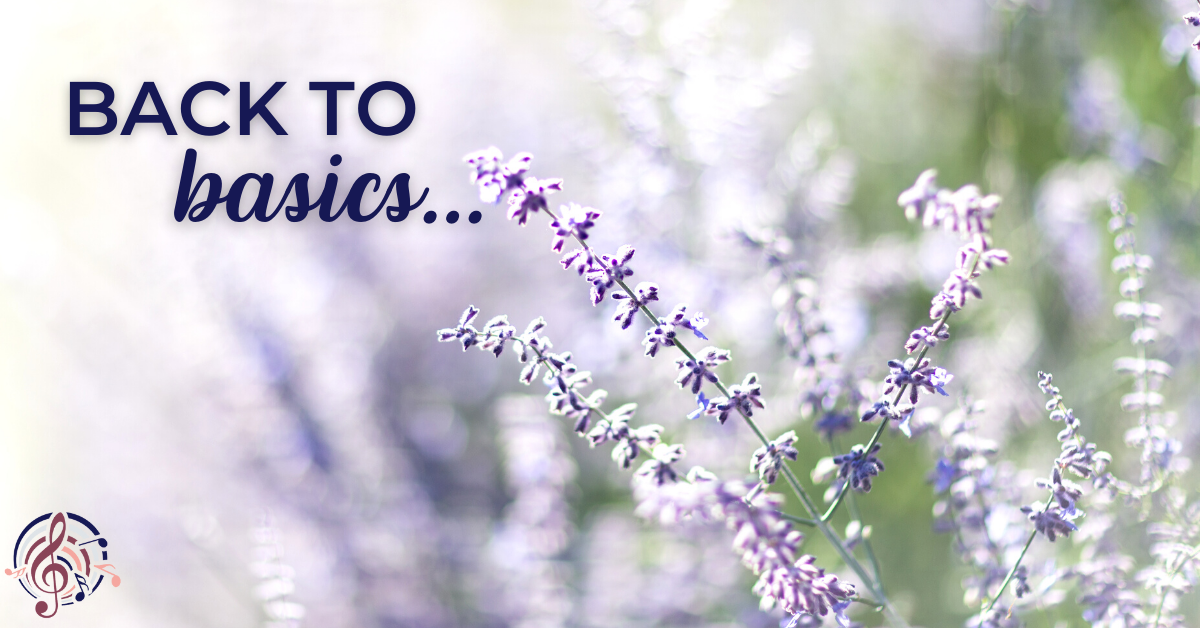
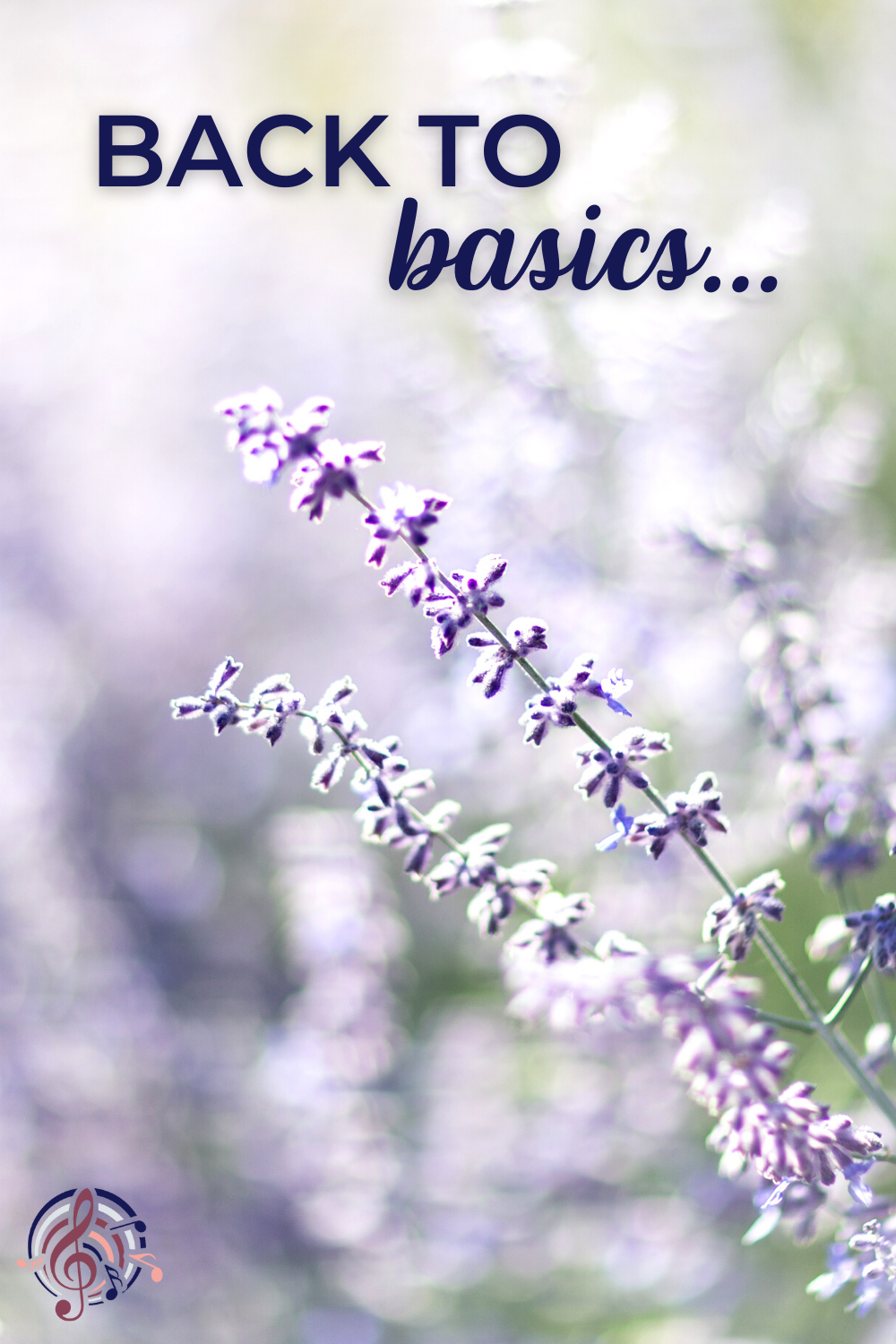
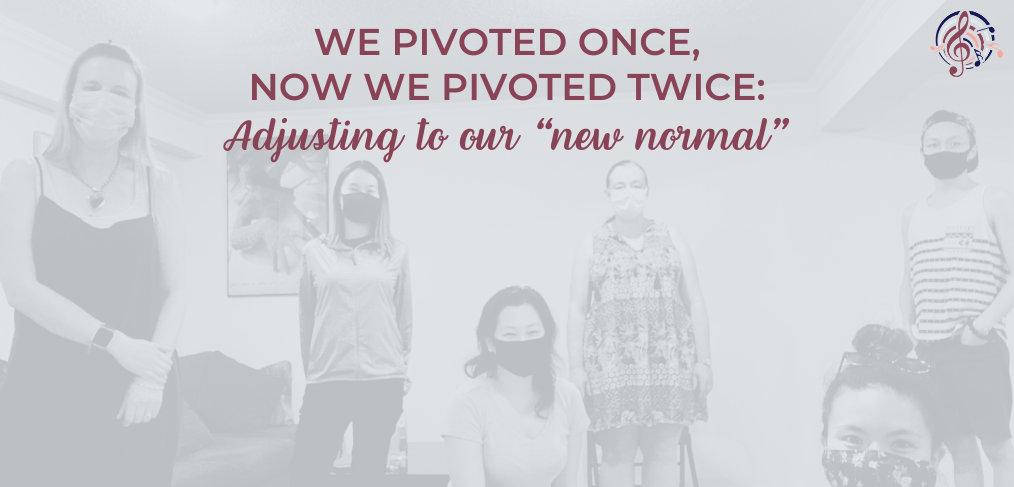
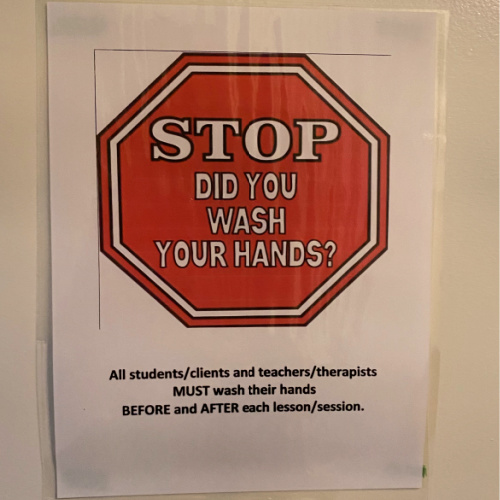
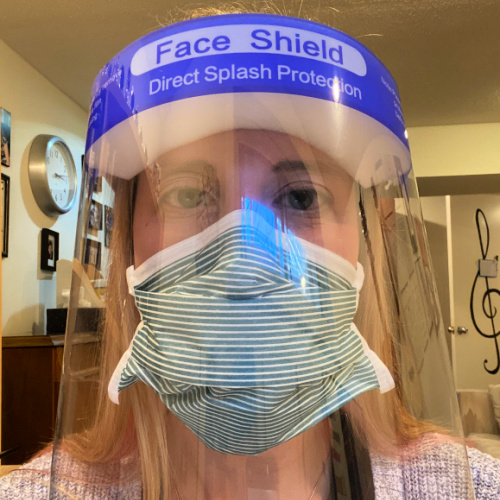
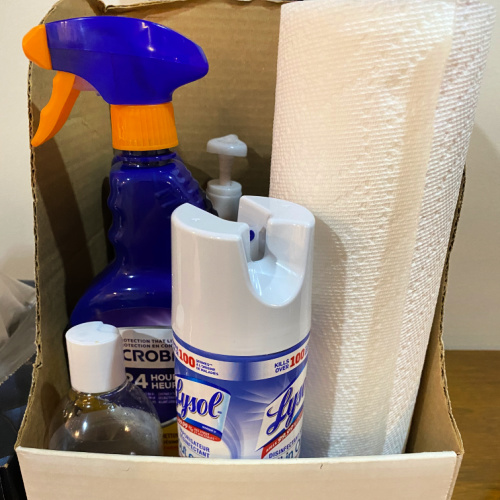
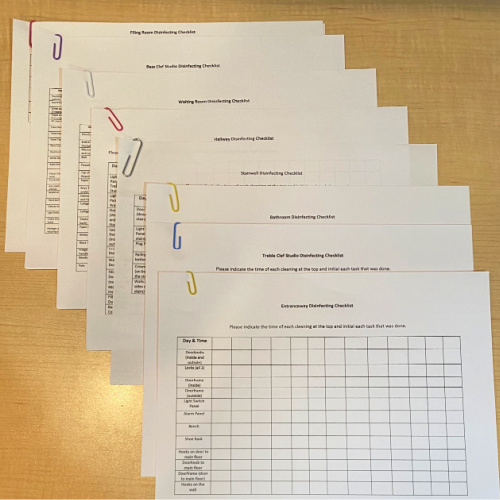
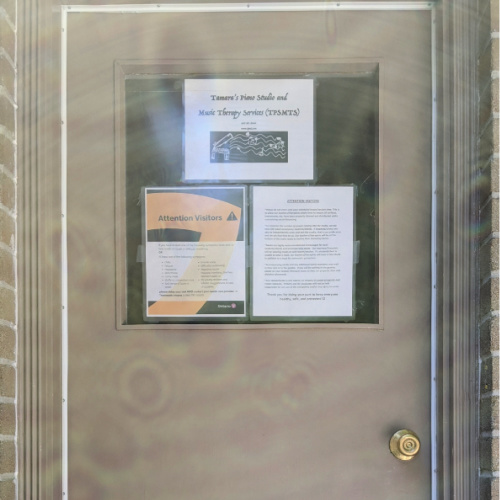
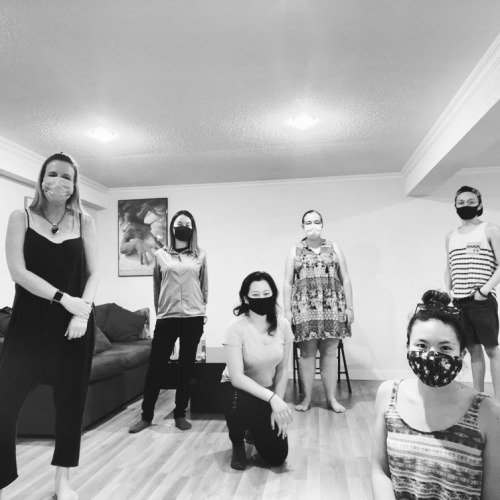
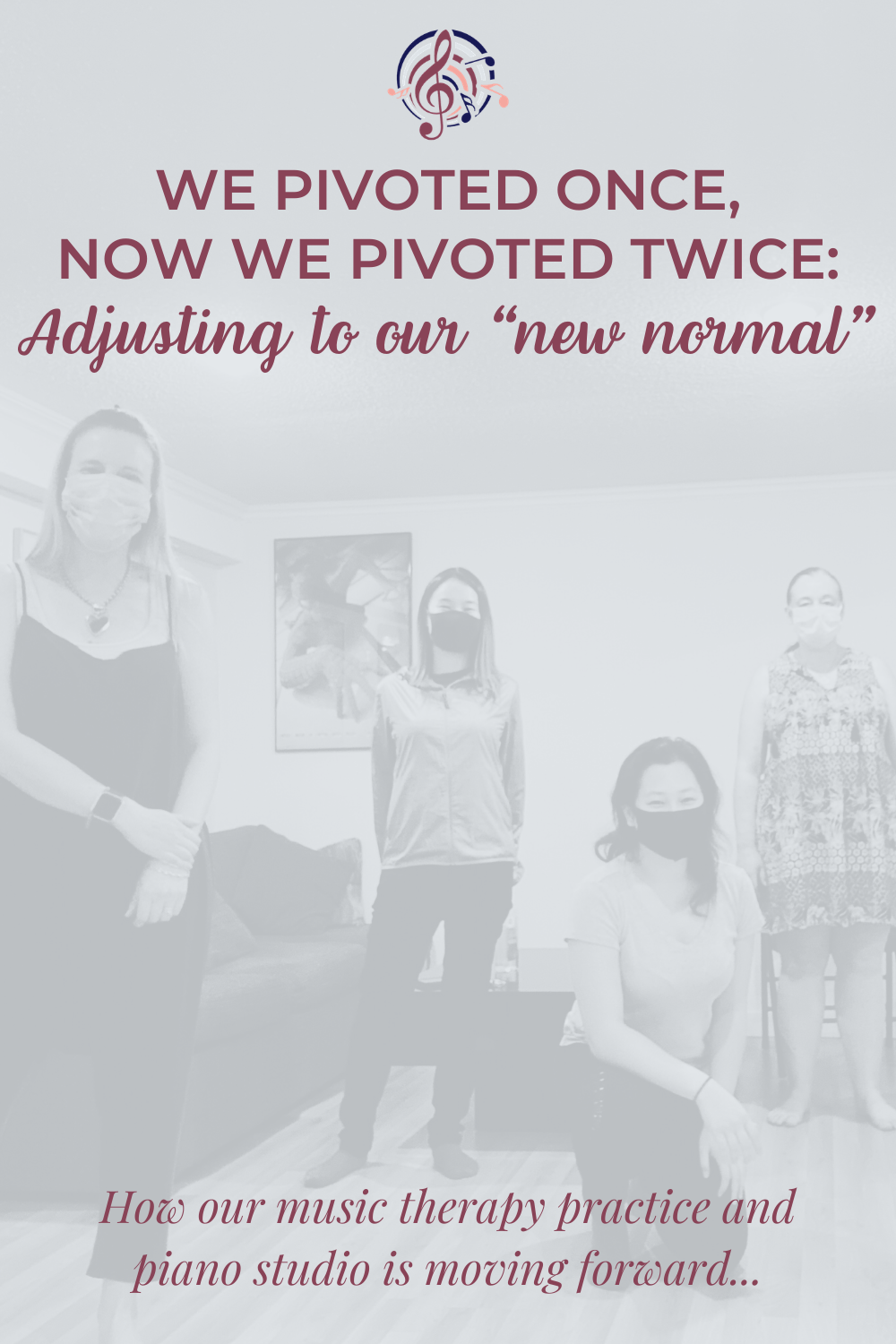
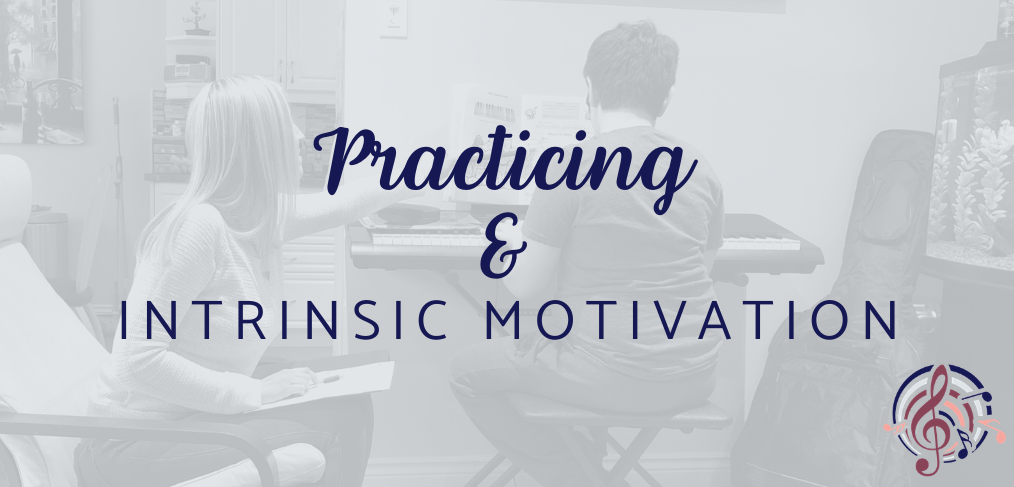
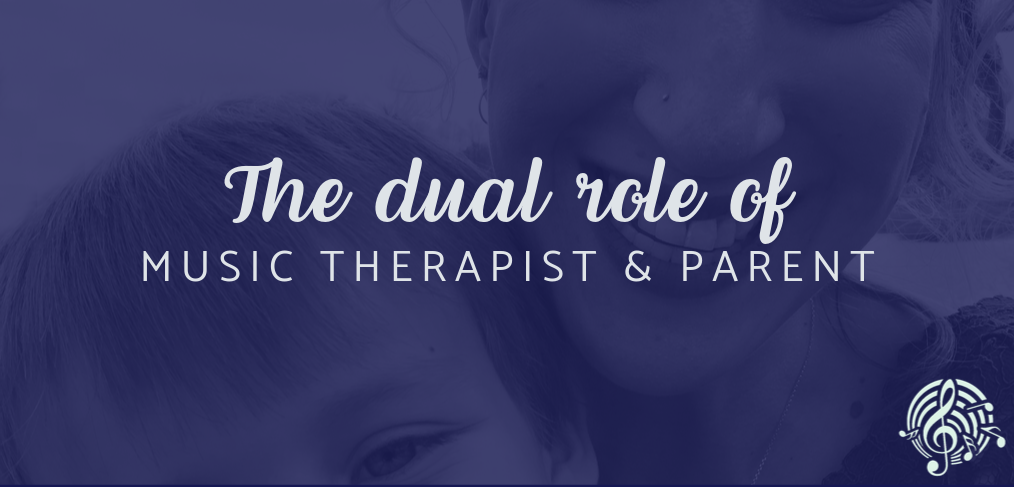
 Aside from being owner and director of TPSMTS, I am also a mom to a beautiful, energetic, and vivacious 5 1/2 year old boy who has special needs.
Aside from being owner and director of TPSMTS, I am also a mom to a beautiful, energetic, and vivacious 5 1/2 year old boy who has special needs.